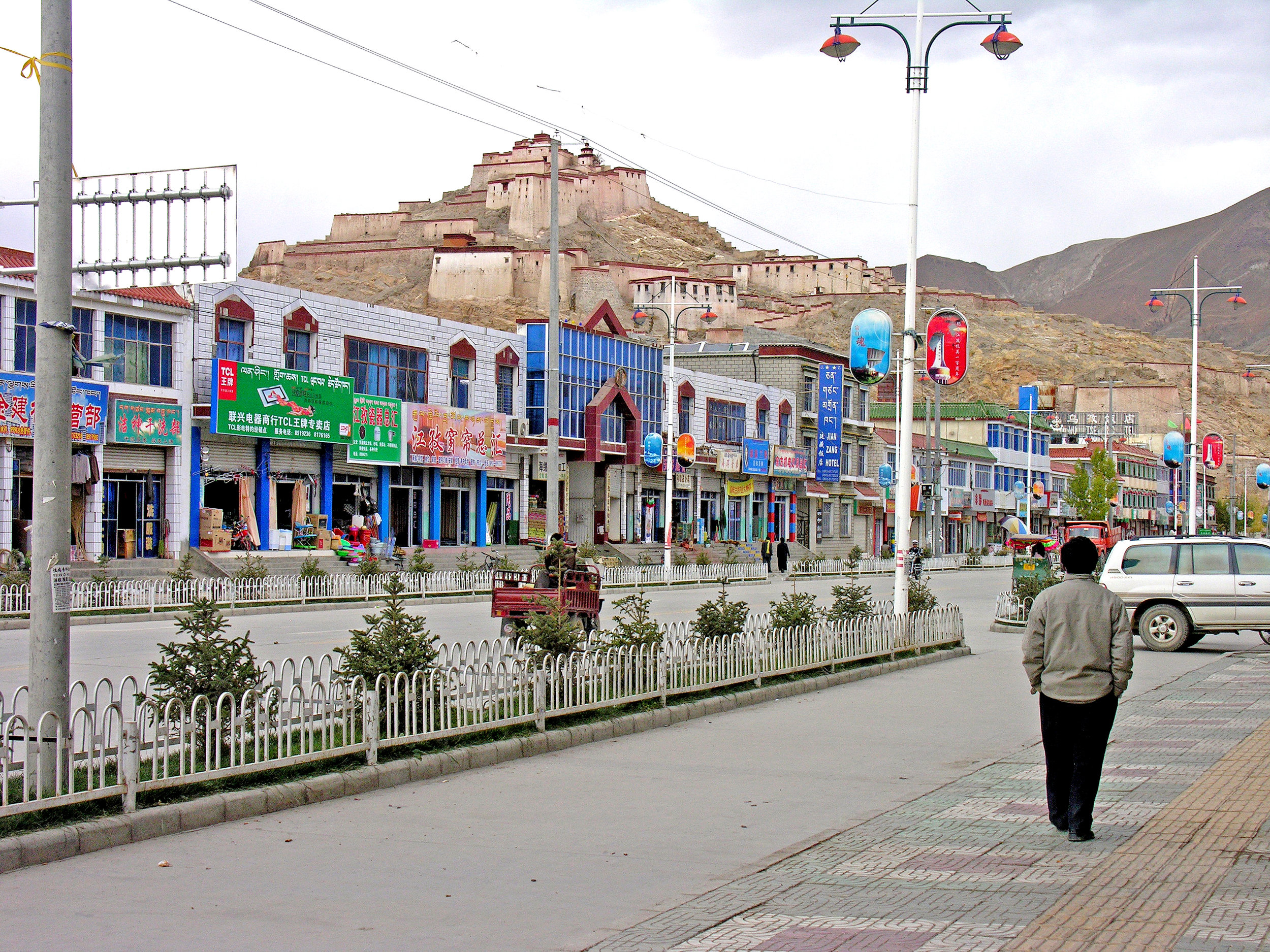Why is Tibet Not Free?
Why is Tibet Not Free?
Viewed from space, Tibet is one of the most clearly defined places on the planet. Tibet is a large plateau, ringed by many of the tallest mountains in the world—including the Himalayas to the south. The countryside stands an average of 4,500 meters (15,000 feet) above sea level. It’s no wonder Tibet has been called the roof of the world.
Viewed from ground level, the differences are more subtle, but still there. Tibetans have a distinct language and culture. Their complexion is darker than their Chinese neighbours.
However, Tibet is not a country. It is a province of China. And that is deeply frustrating for Tibetans who believe they should be independent. This anger explains the bursts of violence that affect the region. More than a hundred people have burned themselves to death in the past ten years.
Tibet—Part of China’s History?
The Chinese government claims that Tibet has been part of China for hundreds of years. The truth is more complicated. Tibet was its own kingdom before the Mongols conquered it in the 1300’s. Once the Mongols left Tibet was independent again for another 300 years before China sent troops to defend Tibet against other invaders.
China’s government argues that all this means they have a historic claim on the lands of Tibet. Tibetans acknowledge that there were times when they were connected to China, but say Tibet never lost its independence. From their perspective, the relationship with China was a mutually beneficial one, in which China offered protection in exchange for spiritual direction for China’s emperors from Tibet’s Buddhist monks. Both sides make good arguments, and there’s no clear winner.
Since 1900—Independent and Then…
The history of the past hundred years is clearer, but it raises the stakes on both sides. Tibet was unquestionably free for most of the first half of the twentieth century. Monks ruled the country, the most senior of them known as the Dalai Lama.
But once the Communist party came to power in China in 1949, one of the first things they did was to conquer Tibet. It has been part of China ever since.
Tibetans were angry, and in 1959 they rebelled. China sent troops and artillery up to the plateau and crushed the uprising. Thousands died. The Dalai Lama fled to India, from where he has been calling for liberty and justice for his people for over fifty years.
Holding on Tightly to Tibet
China shows no sign of letting Tibet go. Like all great powers, past and present, China wants to control its backyard. If they let Tibet go, Tibet could form an alliance with one of China’s rivals—who could then plant their armies on the Tibetan high ground overlooking China. Much better to keep Tibet and control it—especially as the rest of the world has silently acknowledged China’s claim on Tibet.
China’s goal since it took over Tibet has been to bind Tibet more tightly to the rest of China. It has used different tactics over the years. China’s first Communist leader, Mao Zedong, used force—attacking Tibetan culture by destroying Buddhist temples and monasteries, and outlawing Tibetan customs. More recently, the Chinese government has gone on a charm offensive. In a recent TV series, they claimed that China had generously given Tibet Buddhism, technology, agriculture, music, and manners. But still Tibetans resist.
A Disappointing Future
Some just want better jobs, and access to China’s booming economy. But many also want independence—or at least greater freedom to live and worship as they please within China. This desire continues to fuel protests and it shows no sign of going away.
It’s hard to imagine China giving Tibet its independence. The Dalai Lama recognizes this and so is now calling for greater freedom for Tibet within China. However, China’s Communist party isn’t loosening up in the rest of the country, which makes it unlikely that it would do so for Tibet. Protests will continue. At least the number of people burning themselves to death has been falling.





